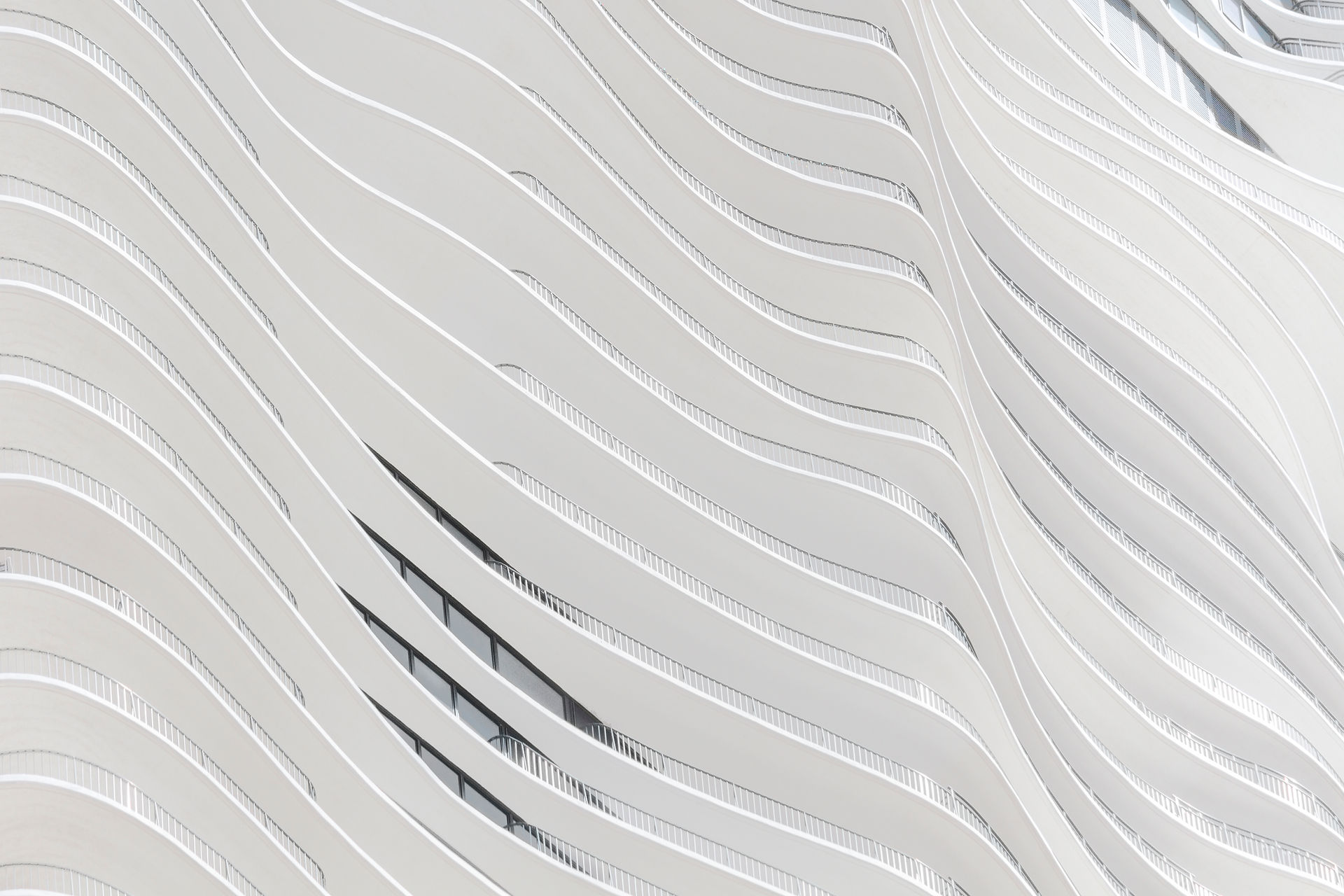Health for All, Taiwan Can Help!
- We See You Magazine

- Aug 8, 2020
- 3 min read
Updated: Jul 8, 2021
By: Pearl Liu
I was born and raised in Taiwan, a country located in the Northeast of Asia, and diverse in culture, landscape, religion, and many more. Something that I always feel very proud of in my country is the public health system. Take one example, the National Health Insurance is famously known. It is characterized by low cost, great accessibility, and major population coverage. All hospitals and clinics are under national health insurance. For example, if you have a stomachache, you can go to the doctor for less than 10 US dollars. Also, each time you go to a hospital to get a check up, the data will be recorded in your own health ID card.
Apart from health insurance, the Taiwanese government takes an amount of effort to educate everyone about public health. Starting in kindergarten, we were educated about washing our hands properly, wearing masks to prevent getting sick, and setting up chores to clean the school. The Taiwanese government spent a decent amount of funding on promoting personal health care. People can see propagandas in the subway station and in the subway itself. In recent years there have been many commercial videos about keeping the subway sanitized. All of these things became habits as we grew up. It is normal to see people on the streets wearing masks even before the Coronavirus pandemic. Masks were always cheap to buy, approximately 1 dollar for 4 or 5 masks, so it is possible to wear new masks each day. The reason behind all these health habits is because the citizens of Taiwan want to decrease the chances of getting sick, and also other people’s chance of catching sickness. Taiwan is successfully keeping citizens healthy because we have the mindset that one person’s health is not just that person’s issue, it’s everyone’s issue. We believe being healthy can contribute to a better society, and we don’t want to take away anyone’s chance of doing that, that is why we practice these health care habits thoroughly. Also, we believe that health care resources should be equally distributed. Hospitals should not only be concentrated in cities, but equally established throughout the country.
“Health for all, Taiwan can help!” is not just a slogan, but a goal we are trying to achieve. During the pandemic, Taiwan did an outstanding job with 440 recoveries in 458 cases and 7 deaths (2020.07.25, Taiwan Centers for Disease Control). Some of the success comes from the Taiwanese governments’ strategic plans. One example is the face mask rationing plan, which ensures that surgical face masks are fairly and equally distributed to all citizens with a health ID card. The process that they distribute the masks is that each one of us has a health ID number, and the even number can go to any pharmacy on the even days of the week (Tues, Thurs, Sat), the same goes for odd numbers. We have to go to the pharmacy during the time they open for mask distributing. Different pharmacies have different times, so people won't have to wait in long lines. Everyone can get a pack of 9 masks for every two weeks, and each pack is charged about 2 dollars.
Do people in Taiwan ever go against the government orders? Can they choose not to wear the mask? If not, what will they suffer?
People do go against government's orders, but nothing about the health care regulations. People can choose to wear masks, but there are signs and securities outside of subway stations, malls, office buildings, schools, or anything that is open for the public. They will not allow the citizens to head in if they are not wearing masks. There are also Infrared sensors outside of major buildings and schools to check if anyone is above the average temperature. Most of these mask wearing rules ended since the country is already recovering from the pandemic. One strict rule still remains: one must wear a mask in the subway station, or you have to pay a large amount of money.
In the end, I believe what really stood out about public health in Taiwan is the commonality we shared: Take care of yourself, and always take care of others. Taiwan might be on the other side of the world, but we are still always there to help. Help varies from mask donations to the general education about health care. I truly hope from my personal experience of the health care system of Taiwan, people will recognize our achievements and try to think of different and even better health care plans for their own countries. From every discussion and every chance of learning from other countries, we are undeniably growing a generation of healthier humans.

Wearing face masks and keeping social distance at a local boutique store





Comments